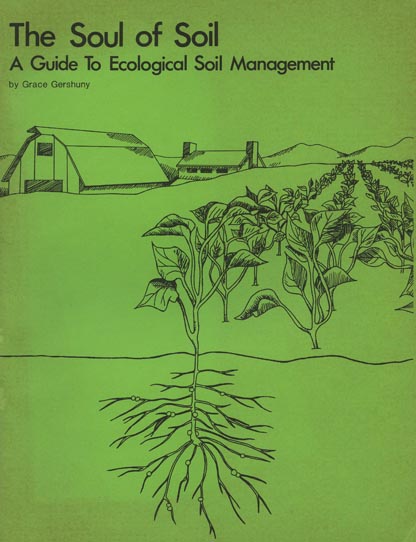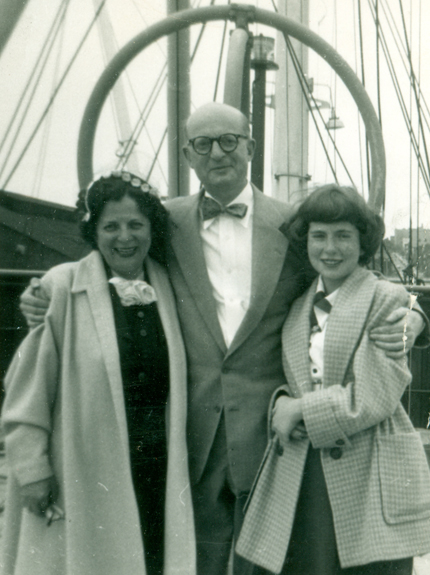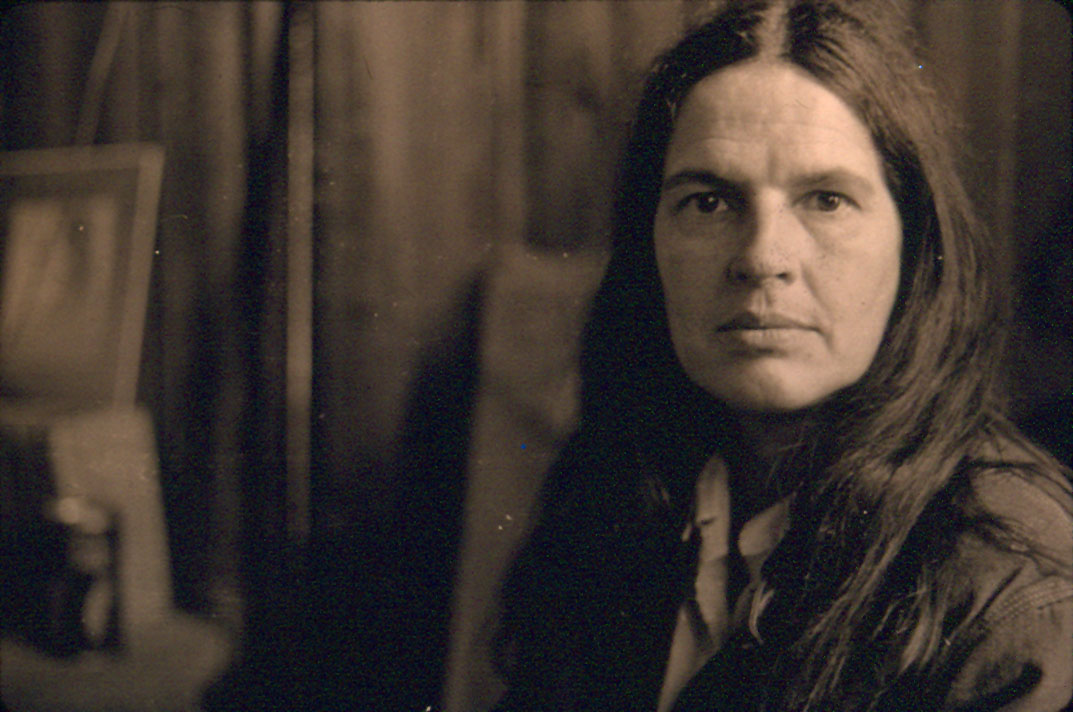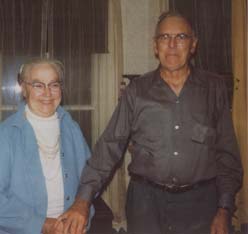Yasuko Fukumi Papers
Access restrictions: Temporarily stored offsite; contact SCUA in advance to request materials from this collection.
Yasuko Fukumi graduated from Tsuda College in Tokyo in 1949 with a B.A. in English. From 1949 to 1952, she worked in the library of the Narimasu High and Junior High Schools, before becoming an Assistant Librarian at the American School in Japan. In 1962, Fukumi moved to the United States to pursue a graduate degree in library science at Kansas State Teachers College. She held two positions at other American libraries before joining the staff of the UMass Amherst Library as a cataloger and later as the East Asian Studies Librarian. Fukumi first discovered the Benjamin Smith Lyman Collection, housed then at the Forbes Library in Northampton, in 1979. From that time forward, she worked tirelessly to bring the collection to the attention of the faculty at UMass and to the scholarly world at large. In 1987, she mounted a campaign to raise the $200,000 necessary to purchase the collection from the Forbes Library and secure it a permanent home in the UMass Amherst Special Collection and University Archives.
Fukumi’s papers focus on her extensive research both on Benjamin Smith Lyman and on the Japanese books that comprised his collection, books now housed along with his papers at UMass Amherst. Materials include Lyman family history and genealogy, Lyman’s contributions to Japan’s coal, oil, and mineral reserves during the latter of the 19th century, and Fukumi’s bibliography of Lyman’s library. The collection also contains limited material on Fukumi’s employment at the university library and a large selection of her Haiku poems.






